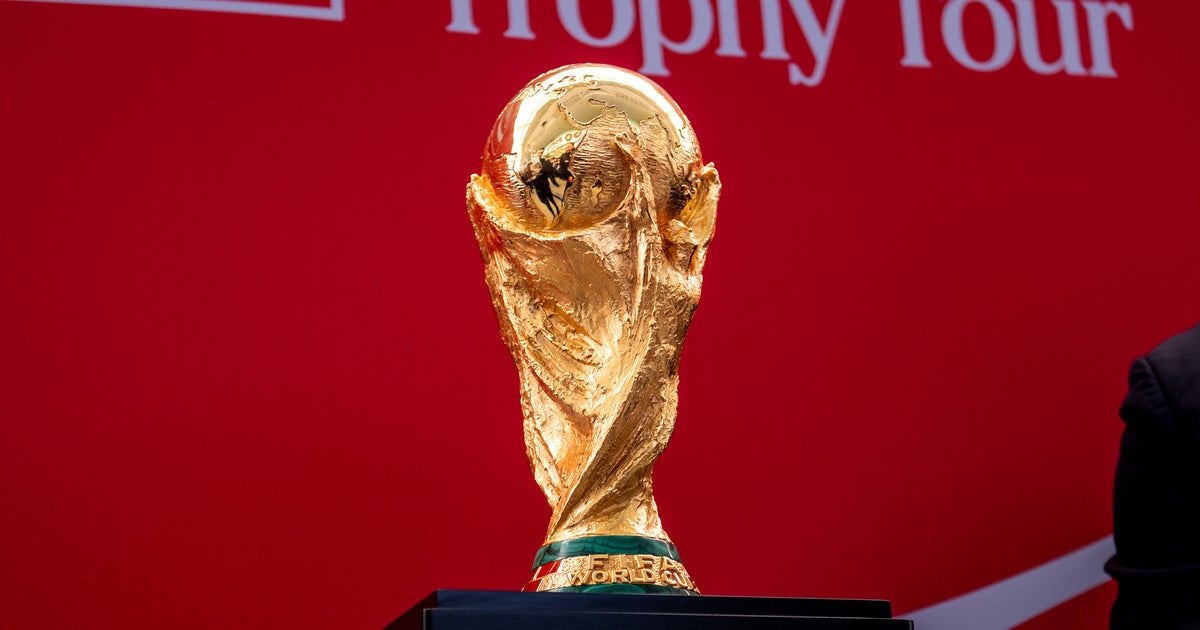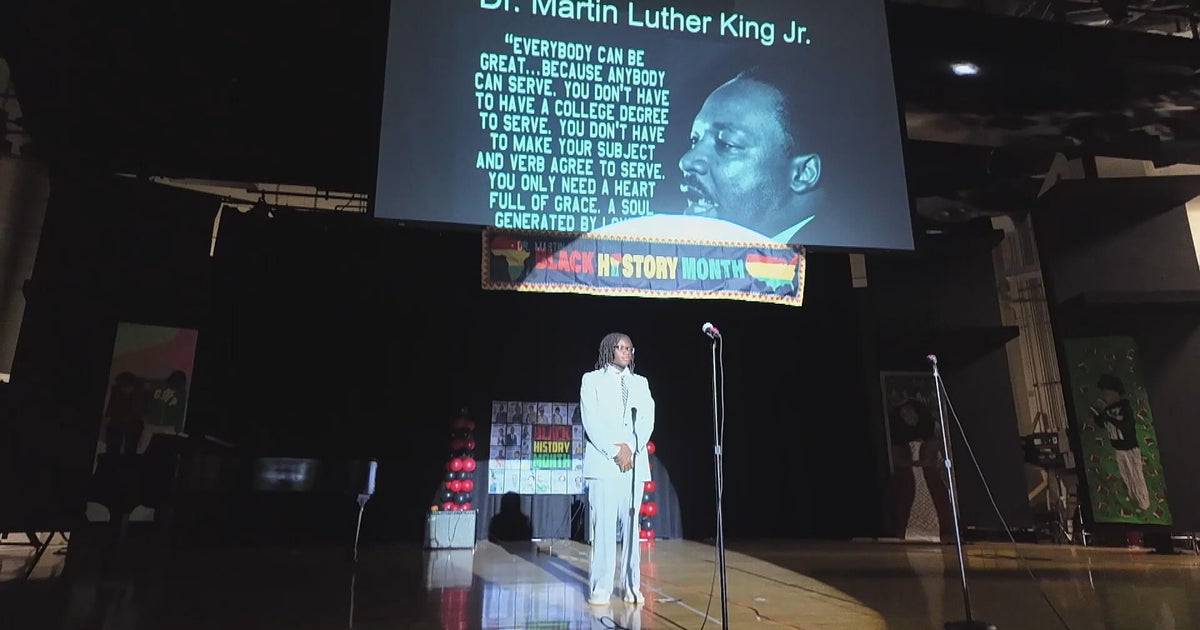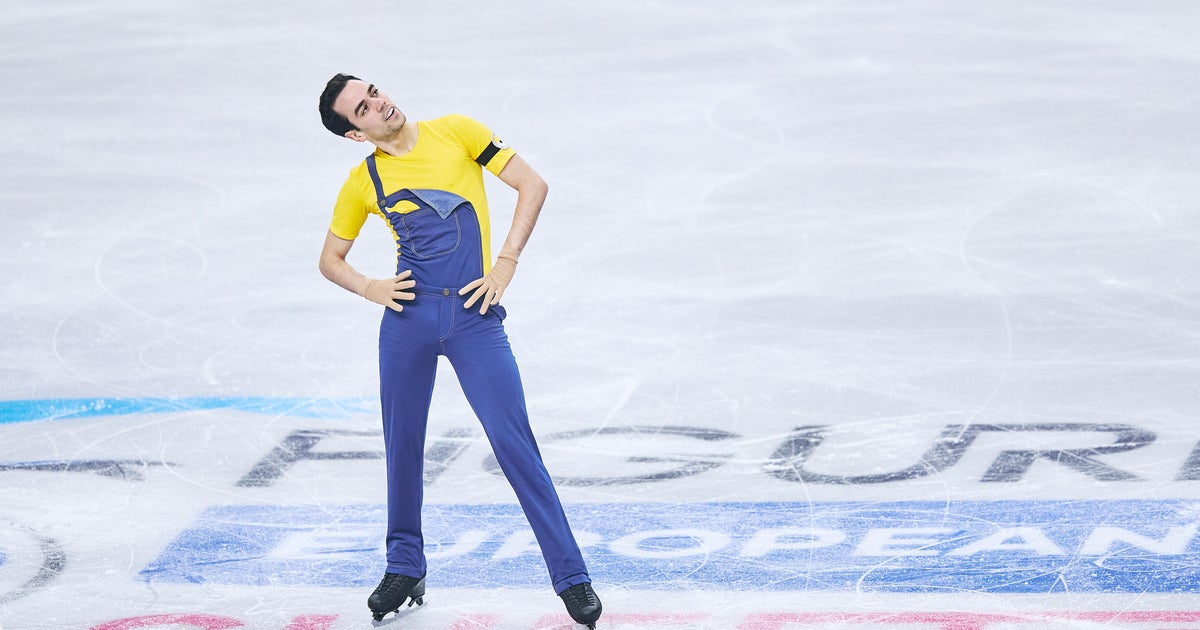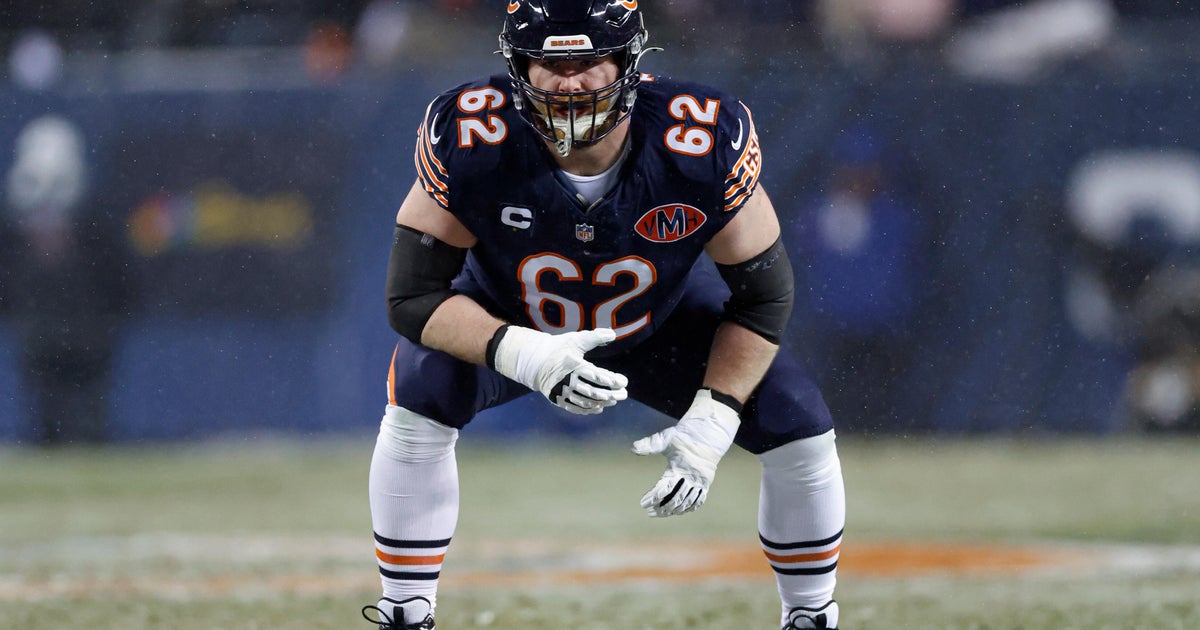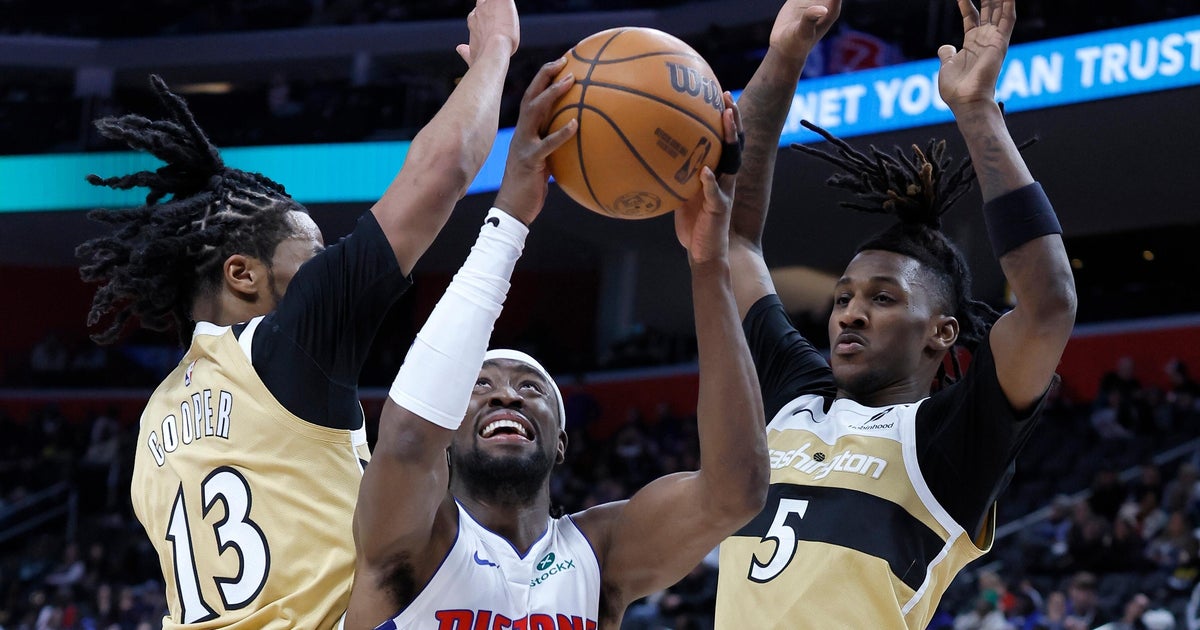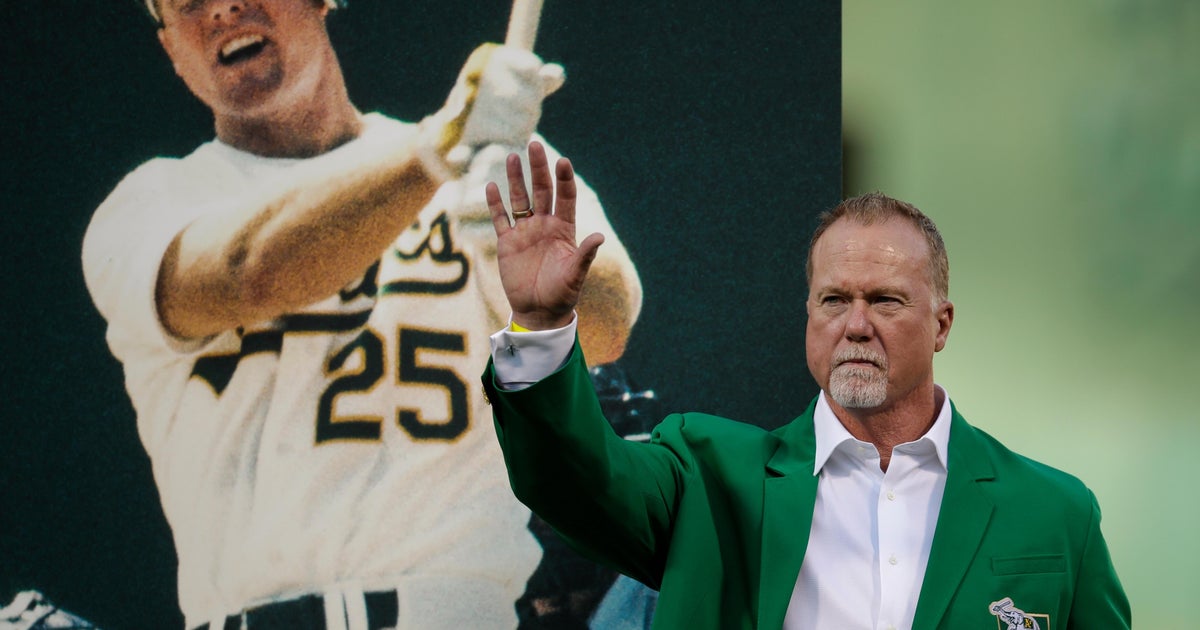Spain Celebrates a First

Spain's World Cup champions flew home from South Africa on Monday for a massive celebration, including meetings with the Spanish king and prime minister and an open air bus ride through the city's historic center.
At least several hundred thousand fans were expected to line the streets of the capital to celebrate Spain's first ever World Cup title, less than 24 hours after 300,000 jammed the city center for a raucous party just after the win.
The team, which beat the Netherlands 1-0 in extra time in Johannesburg on Sunday night, was set to arrive at Madrid's international airport at about 2:30 p.m. local time. The players were to rest for several hours in an airport hotel before meeting King Juan Carlos and Prime Minister Rodriguez Zapatero.
But the highlight will be the team's 3-mile open air bus ride past Madrid landmarks amid crowds of cheering Spaniards decked out in bright red and yellow - the colors of the Spanish flag.
Spaniards who partied past midnight to celebrate dragged themselves into work Monday, but were ready to launch the party again after the team's arrival.
Hair salon owner Marisa Dalon stayed up celebrating until her grown children finally arrived home at 3 a.m.
"It is the greatest day imaginable. We are so incredibly proud," beamed Dalon, 42.
Security guard Francisco Delgado made it to work at 6 a.m. after just three hours of sleep.
"I'm so unbelievably proud not just that we won but of how we won, playing clean and in a dignified manner," said Delgado, 49. "The Dutch were tough and very unsporting. We can hold our heads up and I'd even be proud if we had lost because of the class and dignity of our game."
The victory dominated the country's media, with newspapers paying tribute to the first Spanish team to claim football's most prestigious trophy and television stations replaying Andres Iniesta's winning goal over and over.
Under the front page headline "World Champions," leading Spanish newspaper El Pais called the win "an ode to happiness."
Spain "gave an injection of universality, showed its style of football despite those who sneer at it, after an emotional, uncomfortable game against a coarse Netherlands. It succumbed to a rival that was well-versed in the art of the unpredictable, as well as being intoxicating and mature," El Pais said.
The winning goal came with four minutes left in extra time when Iniesta took a pass from Cesc Fabregas and blasted the ball into the net.
"It was poetic justice because football won and football, that marvelous universal folklore, is Iniesta," said the El Mundo newspaper. "The little wizard had to be the one who in minute 116 put the nail in the coffin of the 11 most quarrelsome Dutchmen in history."
Iniesta plays for Barcelona, the club that forms the core of the Spanish team, along with players such as Xavi Hernandez, Gerard Pique and Carlos Puyol. Eight Barcelona players were members of the World Cup-winning squad.
Some news reports saw the national team as an example to follow for a country hit hard by the European debt crisis and various regions demanding greater autonomy.
"It would be good if the collective enthusiasm for the team became a stimulus for Spanish society in the face of the current problems and even that it became the motive to demand that our country should resemble and work like this group of young men," the ABC newspaper said.
Officials said about 75,000 fans celebrated the victory waving the Spanish flag in Barcelona Sunday night, where more than 1.1 million people protested a day earlier against a Spanish court ruling that their autonomous Catalonia region must remain part of Spain.
The Barcelona celebration turned ugly after midnight when fans threw bottles at riot police, prompting officers to disperse them with volleys of rubber bullets. No serious injuries were reported. Madrid police also broke up some rowdy street partying.
In the small northern Basque town of Barakaldo around 700 fans had their viewing of the game interrupted midway through the second half when the electricity feed to a giant screen in the town was cut by an act of vandalism.
No one was immediately blamed for the incident but the armed Basque separatist group ETA has often carried out similar acts of sabotage on television transmitters.
The fans in Barakaldo scrambled to nearby bars to watch the rest of the game, the Europa Press news agency reported.
Several people were hurt in the Basque region after clashes flared between people cheering the national squad and others chanting separatist slogans.
The incidents happened around midnight in the port city of Bilbao and in the agricultural center of Alava, Basque regional police said. One man was arrested after hitting two people with a stick, and another was injured after he was assaulted in a bar.
----
Associated Press Writers Guy Hedgecoe and Harold Heckle contributed to this report.
